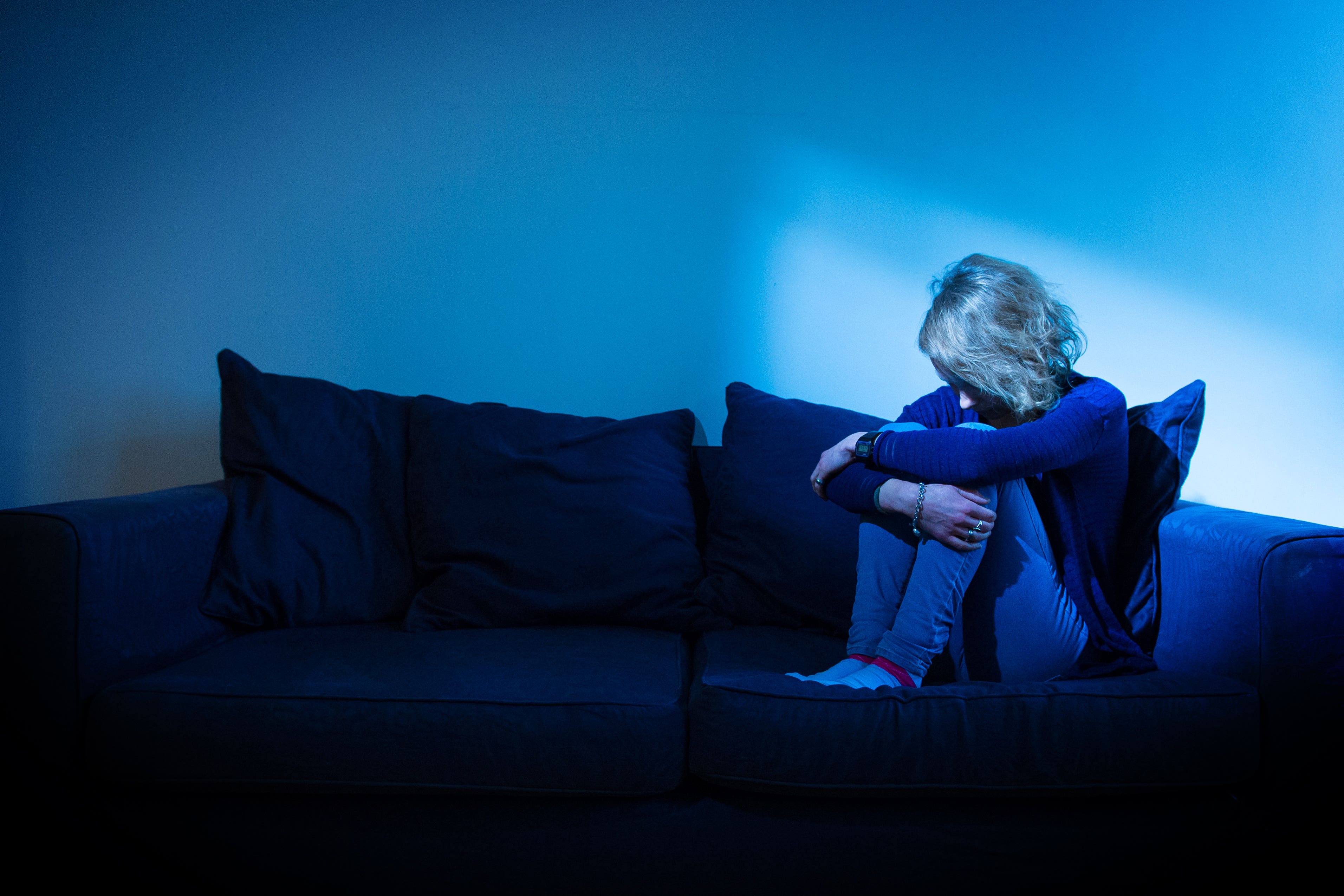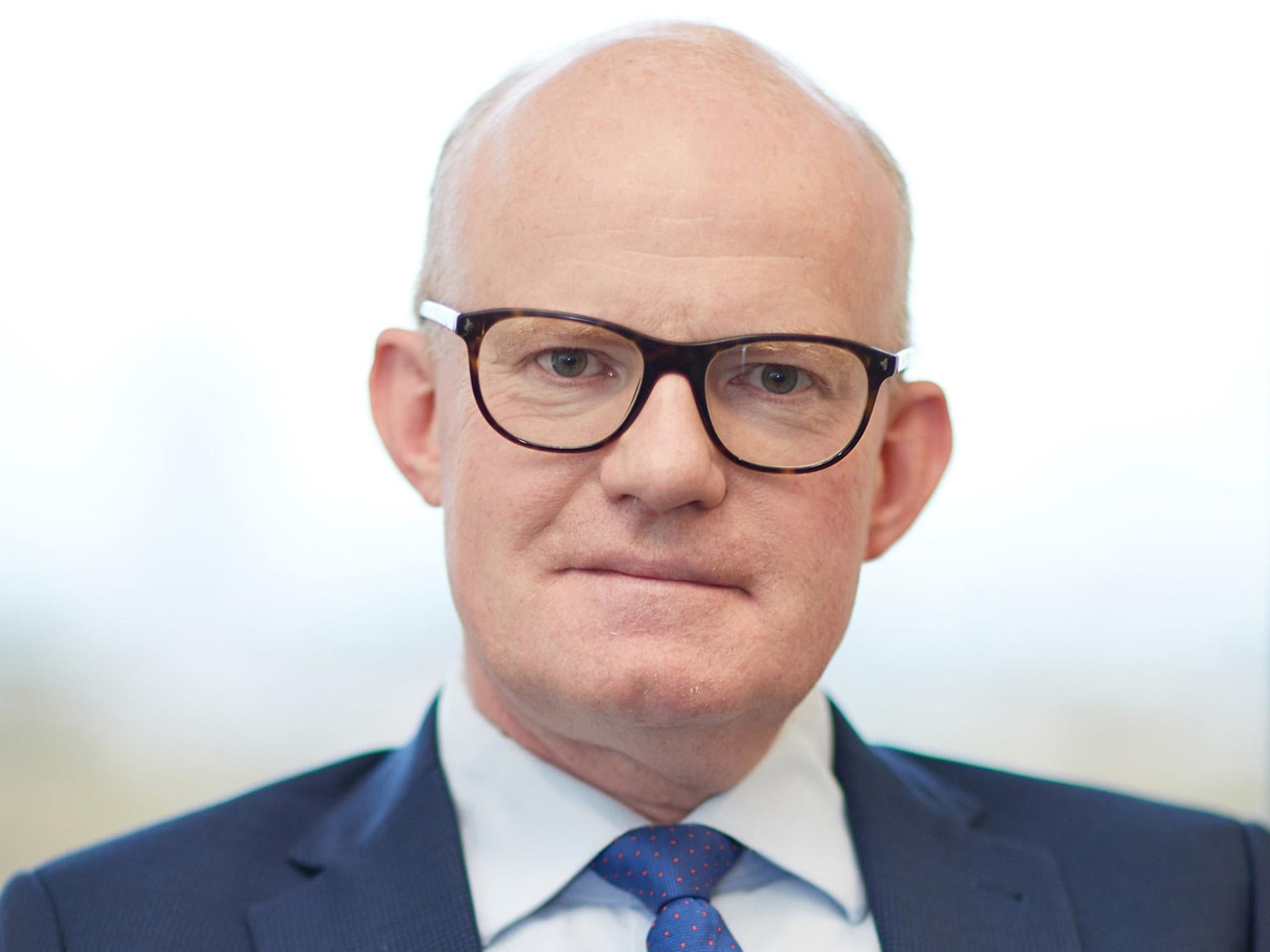Rape victims should not be left ‘traumatised’ by brutal court questioning, CPS chief says
Exclusive: Max Hill KC warns of ‘further trauma’ after tearful victim was accused during cross-examination of ‘rubbing up’ against alleged rapist

Rape victims should not be subjected to “further trauma” in court, the director of public prosecutions has said after a woman described how she broke down while being accused of flirting with her alleged attacker.
Alison* says she was raped by a stranger in 2019, being left with internal injuries and bruises after waking up to find him attacking her in bed.
The Crown Prosecution Service (CPS) did not make a charging decision for more than two years, and weeks after the third anniversary of the attack the perpetrator was acquitted by a jury after claiming they had “consensual rough sex”.
The Independent obtained a transcript of Alison’s questioning in court, where a defence barrister accused her of flirting with the defendant, “rubbing up against him” and lying about being raped because she was “embarrassed” about having sex.
When asked about her experience, Max Hill KC said that while defence advocates had to present their client’s case, it should be done “without causing trauma”.
“It should never be the case that an already traumatised victim is further traumatised and damaged by her experience in court,” he told The Independent.
“We are very conscious that this is the opportunity for a victim to tell her truth, and she should never be treated in a way that makes that difficult, impossible or traumatising.
“I think that we must all bear in mind the difficulty of anybody in this position, all the more so when there is frankly enormous delay between the start of an investigation, the decision to charge and the ultimate trial.”
Alison was a student in London when she went to a house party in early 2019 and said she “blacked out” and woke up while being attacked.
She told how she pushed the man off and fled, with witnesses seeing the alleged rapist in the bed as she ran out of the room.
Alison later learned from a friend that she had been carried into the room, alone, after vomiting and “passing out”.
An examination by a specialist clinic found that she had suffered internal injuries and “signs of forced entry”, as well as bruises on her leg and head.

As part of measures aiming to ease rape victims’ ordeal in court and stop them dropping out of prosecutions, Alison was questioned on video about the attack but then called to be cross-examined in person at the trial.
The barrister representing the accused repeatedly asked if she had flirted, kissed him and invited him to bed, as she became increasingly distressed and repeated “no, no” and “that’s not true”.
Alison called the questioning “horrible”, adding: “I didn’t understand it – if I was embarrassed that I’d had sex with anyone, why would I go through of all of this to bring it in court?
“It just felt like [the defence barrister] was trying to re-narrate the story and put these ideas into the jury’s head. I just kept saying ‘no’, I was crying.”
Claire Waxman, the London Victims’ Commissioner, called Alison’s ordeal a “brutal but typical experience of the victim on the stand”.
“We need to talk about whether jurors are being given the right directions and advice in these cases because they need to understand the legal definition of consent and the impact of trauma,” she told The Independent. “We’re setting rape victims up to fail.”
A new investigative model for rape is being rolled out across England and Wales, which aims to increase the tiny proportion of offences being prosecuted by having an “offender-centric approach”.

But a report published in December found that police were still putting disproportionate effort into testing victims’ credibility, and that some officers disbelieved victims and thought “most reports of rape are just examples of ‘regretful sex’”.
Since trials of the new model started in 2021, the proportion of rape cases referred to prosecutors by police, and charged by the CPS, has been rising.
More than 400 rape suspects were charged between July and September, up two-thirds on the quarterly average in 2019, while the number of cases arriving in crown courts rocketed by 91 per cent in the same period.
The conviction rate is currently 69 per cent, significantly below the average for all crimes.
Mr Hill said that “no part of the approach should be victim-blaming”, and that specialist CPS prosecutors were advising police on what evidence was needed to pass the charging threshold.
He added: “The CPS and the wider criminal justice system hasn’t done well enough in the past but, equally, the attitude that I see running right across the system now gives me confidence that we are getting it right.”
The government has been increasing the use of pre-recorded cross-examination for vulnerable victims, which means they do not have to attend court for questioning in person.
A Ministry of Justice spokesperson said: “We are overhauling our entire response to rape – rolling out a new suspect-centred approach to police investigations, quadrupling victim support funding, allowing victims to pre-record cross-examination and launching a new 24/7 rape and sexual abuse helpline.”
*Name changed to protect anonymity




Bookmark popover
Removed from bookmarks